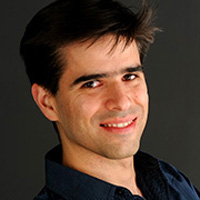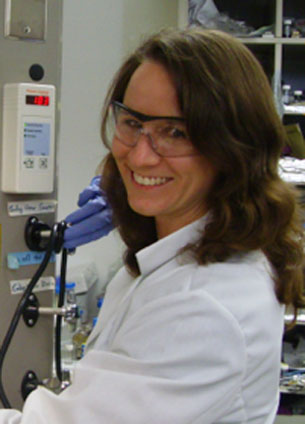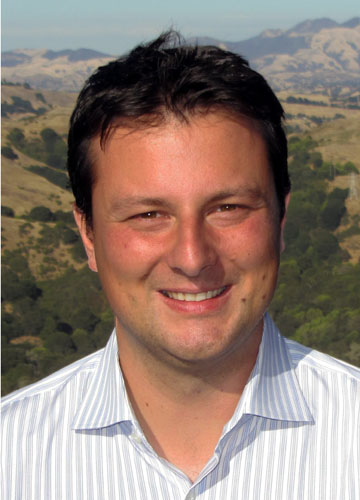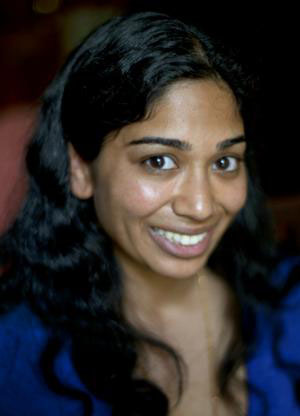PROVIDENCE, R.I. [Brown University] — Four Brown University professors have won prestigious early career research awards to start in 2015.
Rodrigo Fonseca, assistant professor of computer science, Kristie Koski, assistant professor of chemistry, and Sohini Ramachandran, assistant professor of ecology and evolutionary biology, have won National Science Foundation CAREER awards, NSF’s most prestigious award for junior faculty.
Tim Kraska, assistant professor of computer science, will receive an award through the Air Force Office of Scientific Research (AFOSR) Young Investigators Program, which supports scientists who show exceptional ability and promise for conducting basic research.
 Rodrigo Fonseca
Rodrigo Fonseca
Assistant Professor of Computer Science
Fonseca will receive an NSF CAREER award for his work on understanding the performance of distributed systems — shared software systems that are large, decentralized, with many components that interact in complex and subtle ways. Such systems are widely used in areas such as Web and cloud resources, financial and banking services, and in big data and scientific computing. Fonseca’s work aims to better understand how these systems operate and why they fail. He is working to develop a “tracing plane” that allows for debugging and diagnosis of performance problems, and real-time provisioning of performance guarantees. The award provides $576,344 over five years.
 Kristie Koski
Kristie Koski
Assistant Professor of Chemistry
Koski has received a 2015 NSF CAREER award for her proposal, “Acoustic Phonons in 2-D Materials.” Her research works to develop a quantitative understanding of how phonons (sound waves) travel in two-dimensional, graphene-like materials that are only one to five atoms thick. 2-D materials are an exciting new field that may have potential impact in electronics and energy technology. Koski will use a laser light scattering technique called Brillouin spectroscopy to measure the phonon properties of unique 2-D materials synthesized and chemically modified in her own laboratory. This effort will establish a foundation for the complete understanding and chemical control of phonons in 2-D materials. It will guide understanding of mechanical behavior, heat transport, and device failure in future applications of 2-D materials.
 Tim Kraska
Tim Kraska
Assistant Professor of Computer Science
Kraska will receive $370,000 over three years to develop a new open-source database system called Tupleware, for analyzing large datasets. The system is specially designed to run on small high-performance computing clusters — linked multicore machines with considerable amounts of memory. Kraska’s initial experiments using Tupleware suggest that the systems can perform common machine learning tasks up to 7,000 times faster than other systems. Such increases in speed open new possibilities for real-time data analytics and better autonomous decisions through more advanced statistical learning techniques.
 Sohini Ramachandran
Sohini Ramachandran
Assistant Professor of Ecology and Evolutionary Biology
As genome sequencing has become cheaper and faster, researchers have amassed huge datasets of sequences for a variety of different species and populations. The problem now is how to sift through and make sense of all those data. Ramachandran’s CAREER award provides $1,029,319 over five years to develop new statistical tools and computational methods that enable researchers to infer evolutionary history from large genomic datasets. Her work will help scientists to detect changes in population sizes over time, as well as migration rates between populations over time, from present-day genomic data alone. The tools will also help researchers identify genes or groups of genes that have been the targets of natural selection through history.

